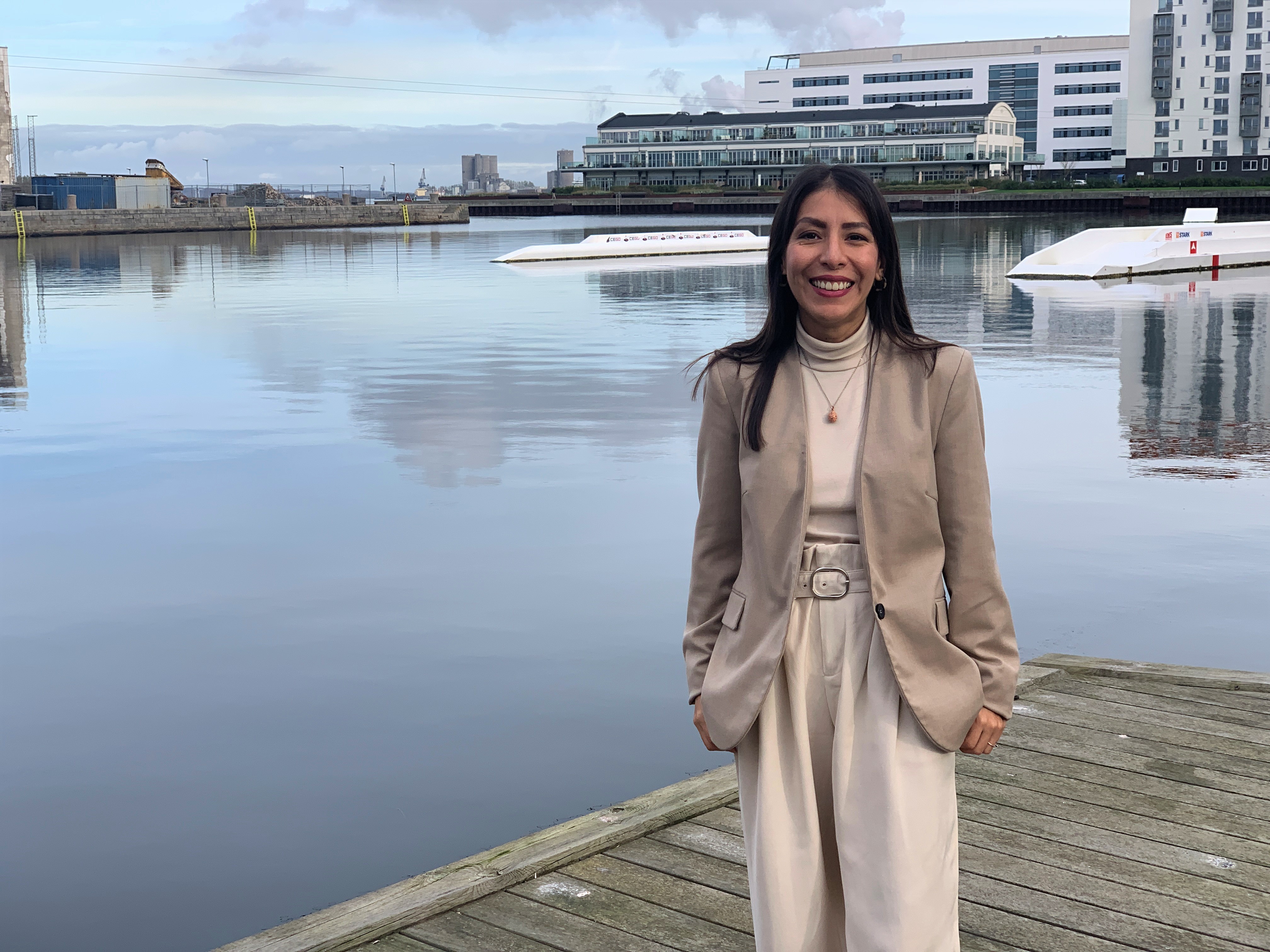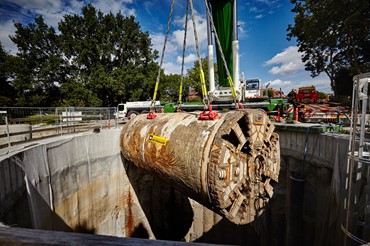
Interdisciplinary & systemic methods to develop sustainable mobility hubs
The business unit develops many projects related to hub development which are places to interchange transport and central points in urban or rural development. The Ph.D. project helps to be at the forefront of the industry trends and to shape new methods and tools for creating sustainable mobility strategies.

Project start: November 2021
Project ending: November 2024
BU/department/ industry to which the project is associated: Infrastructure West, Sustainable Mobility Team
Cooperation-partners: Innovation Fund + Aalborg University
The Ph.D. addresses the challenge of decarbonizing the transport industry and improving sustainable travel behaviours. Mobility Hubs are places where people can interchange transport and they provide a great scenario fostering sustainable behaviours by connecting better the existing transport alternatives such as public transport, shared mobility, and private means like the car or the bicycle; to new transport types like electric and autonomous vehicles, and with the surrounding space where it develops, being this a city or a rural area.
The project helps to identify the key strategic factors such as partnerships, business models, and sustainability actions that are essential for enabling the right dynamics for hub development.
More about the project
Partnerships and Funding Sources: The project is made in collaboration with Aalborg University and sponsored by Innovation Fund Denmark.
Project status: Active.
5 main keywords about the project: Mobility hubs, sustainability, stakeholders, network.
Educational background: BSc Architecture, MSc. Engineering Management & MEng. City planning.
Hopes for the future works of the project: To help municipalities and private companies to integrate better public and private transport and create lively urban and rural areas.
The importance of cooperating with NIRAS: NIRAS is one of the leading engineering consulting companies enabling all the infrastructure we all use in our daily life and that is the ideal standing point to link research to practice by enabling the development of innovative solutions for sustainable mobility.
Get in touch




